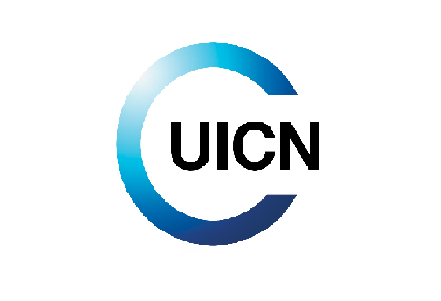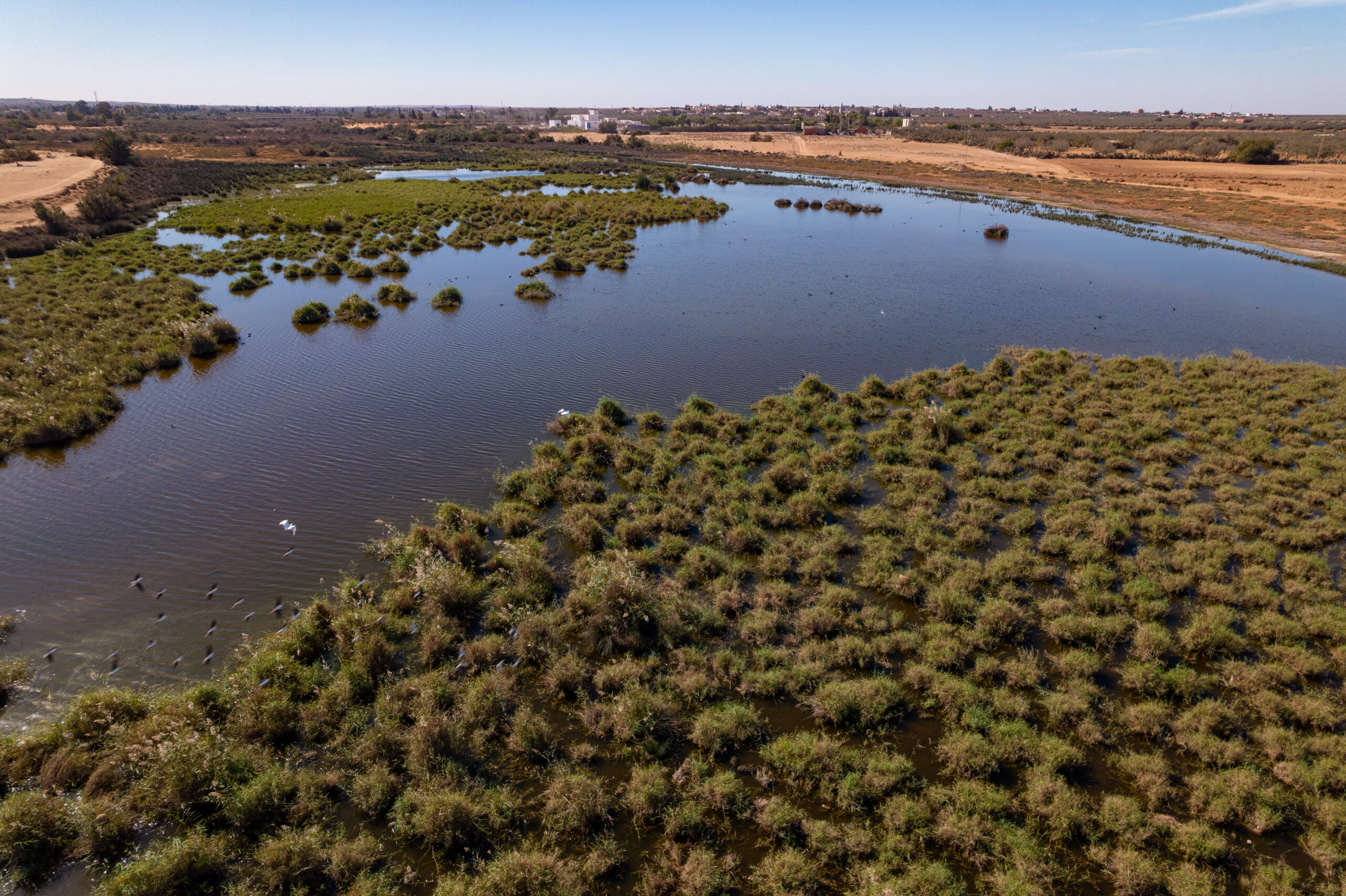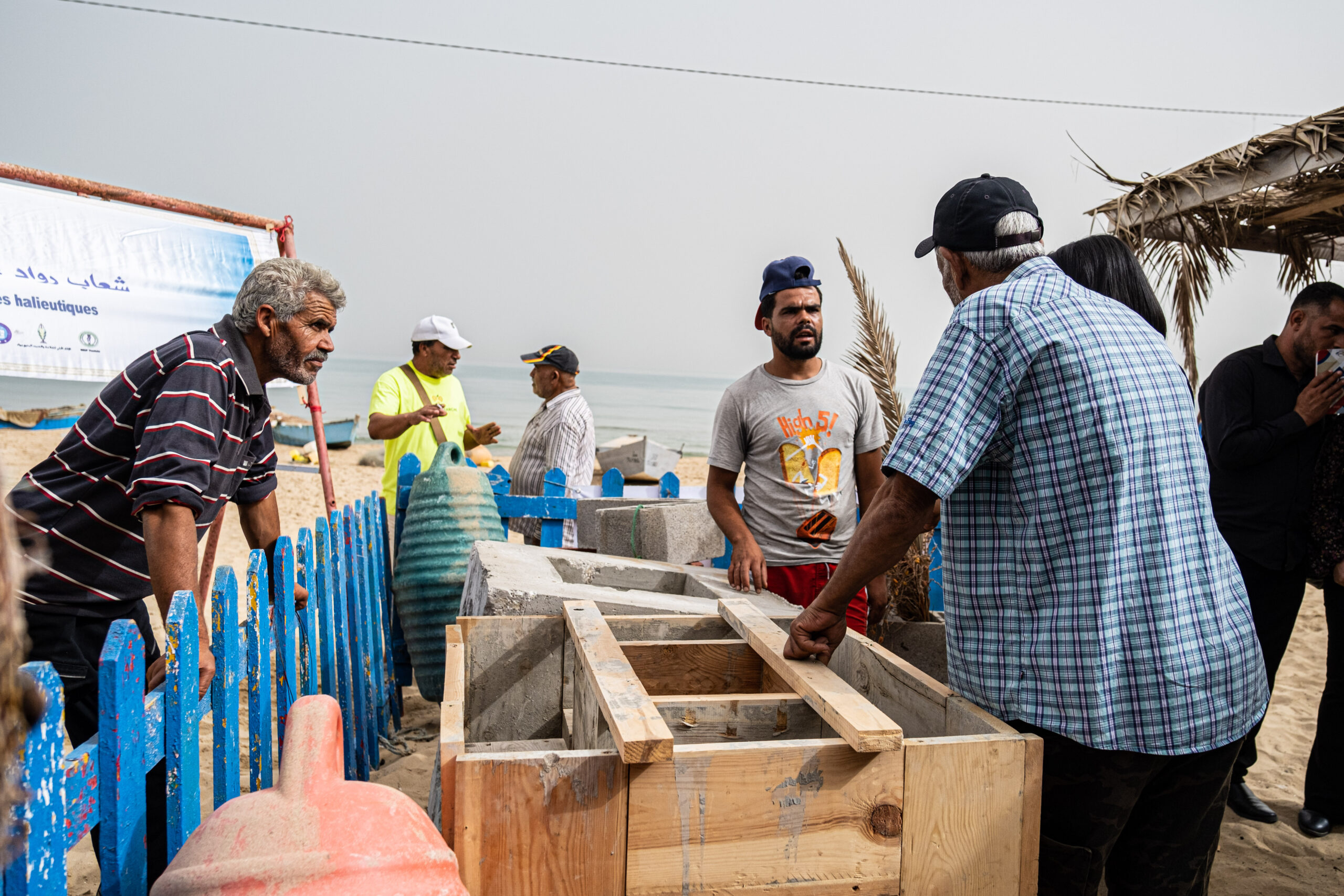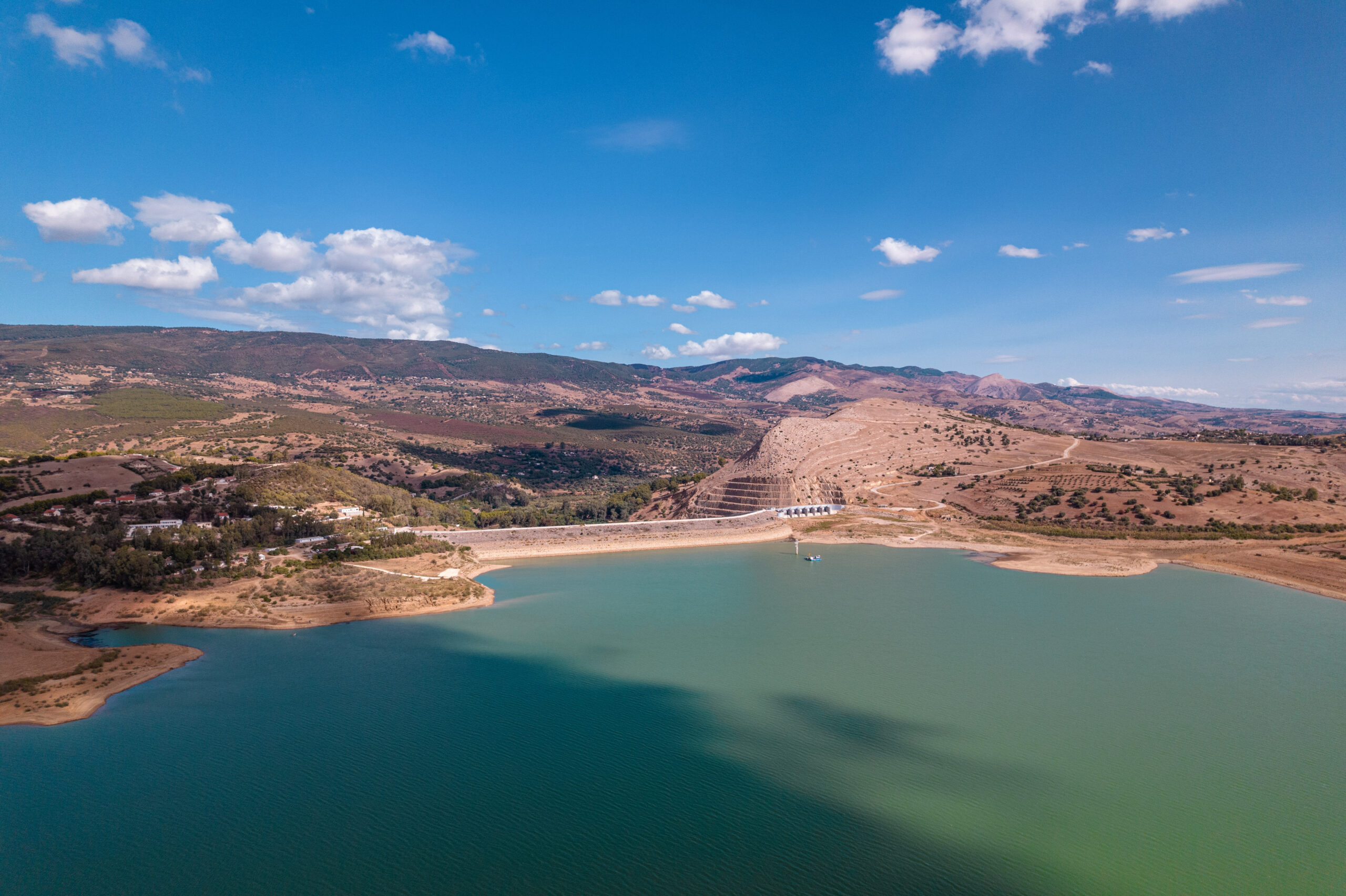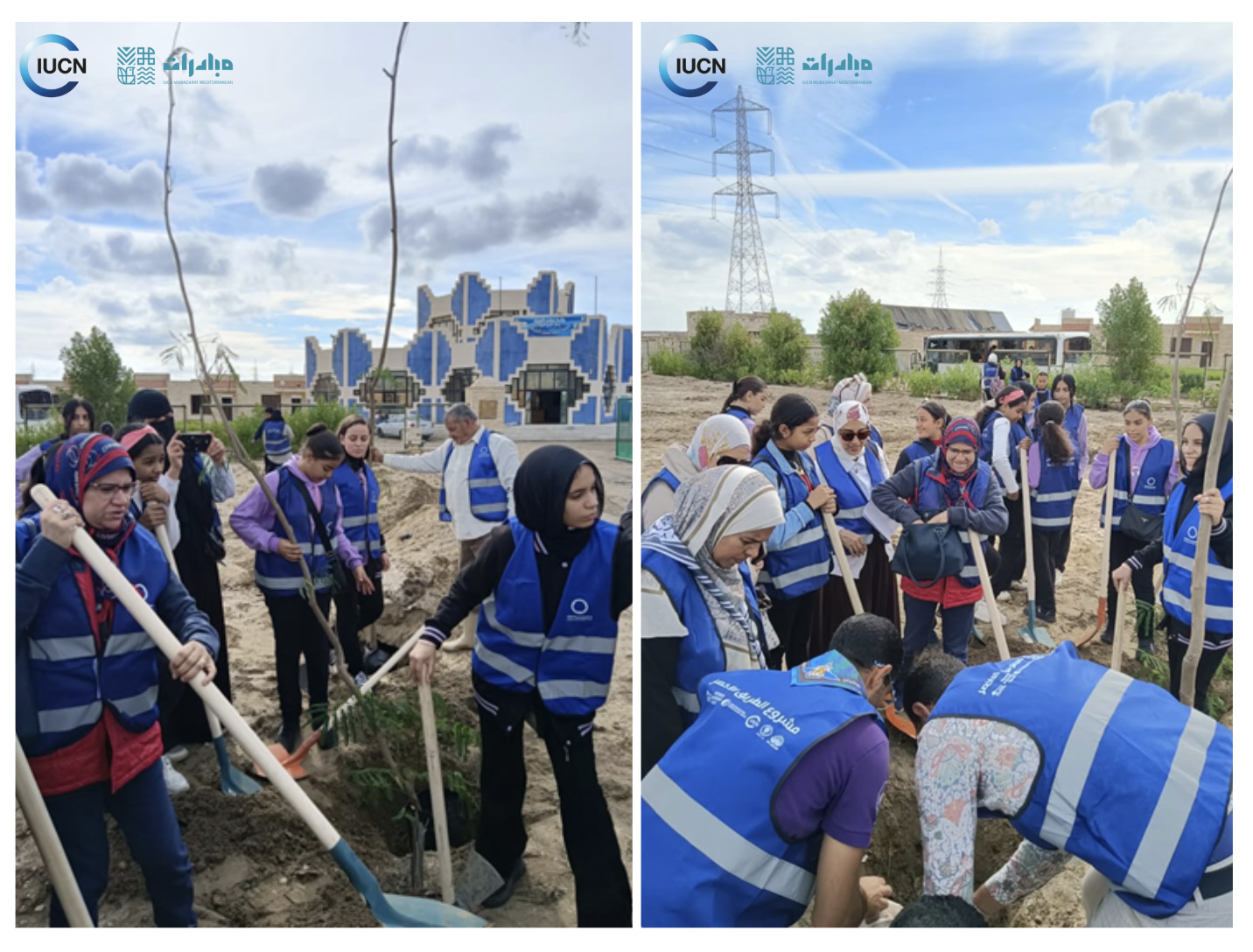The eastern Cap Bon lagoons, valuable for their biodiversity and role in bird migration, face serious threats from untreated wastewater discharge from factories and sewage treatment plants. This situation is exacerbated by the lack of solid waste management and high tourism pressure on beaches in summer. 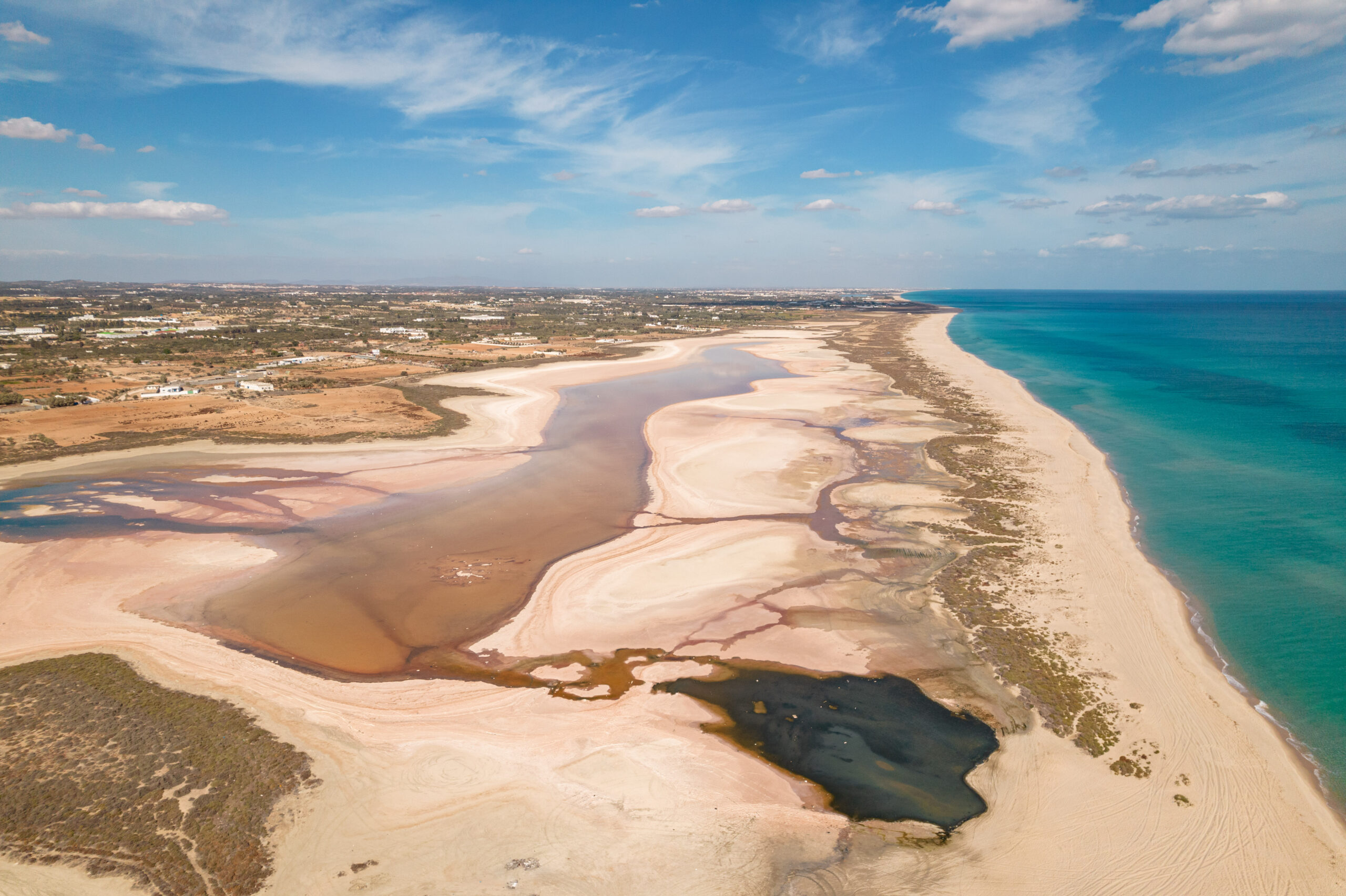
The Tunisian Eco-tourism Environment Association has been fighting since 2011 to preserve the natural and cultural heritage of the region through the promotion of ecotourism and raising public awareness about responsible practices. With its PPI OSCAN project, the association is committed to preserving the biodiversity of the eastern Cap Bon lagoons by protecting their habitats and species while sustainably managing these threatened areas.
Their project is based on three objectives: strengthening the role of local communities and NGOs to promote sustainable coastal economies, reducing pollution to preserve lagoon ecosystems, and establishing a monitoring system for long-term conservation.
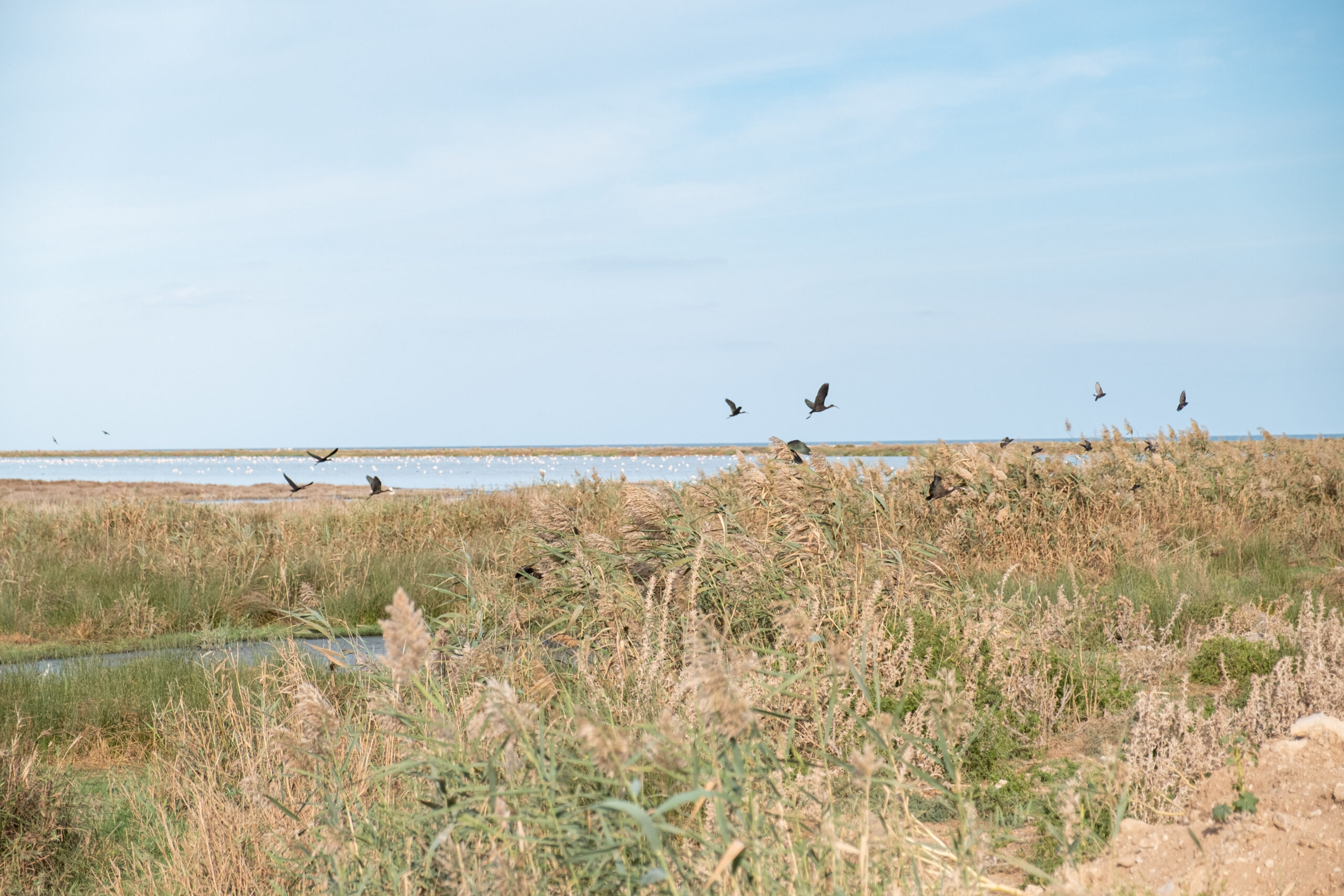
To adopt a community-based approach, the association undertakes capacity-building initiatives for young volunteers, environmental law enforcement, municipal officials, and service providers. Together, they plan actions such as lagoon and parking lot improvements, fencing, the establishment of 3 wildlife observation observatories, awareness-raising signs, and an ecotourism circuit to support local incomes.
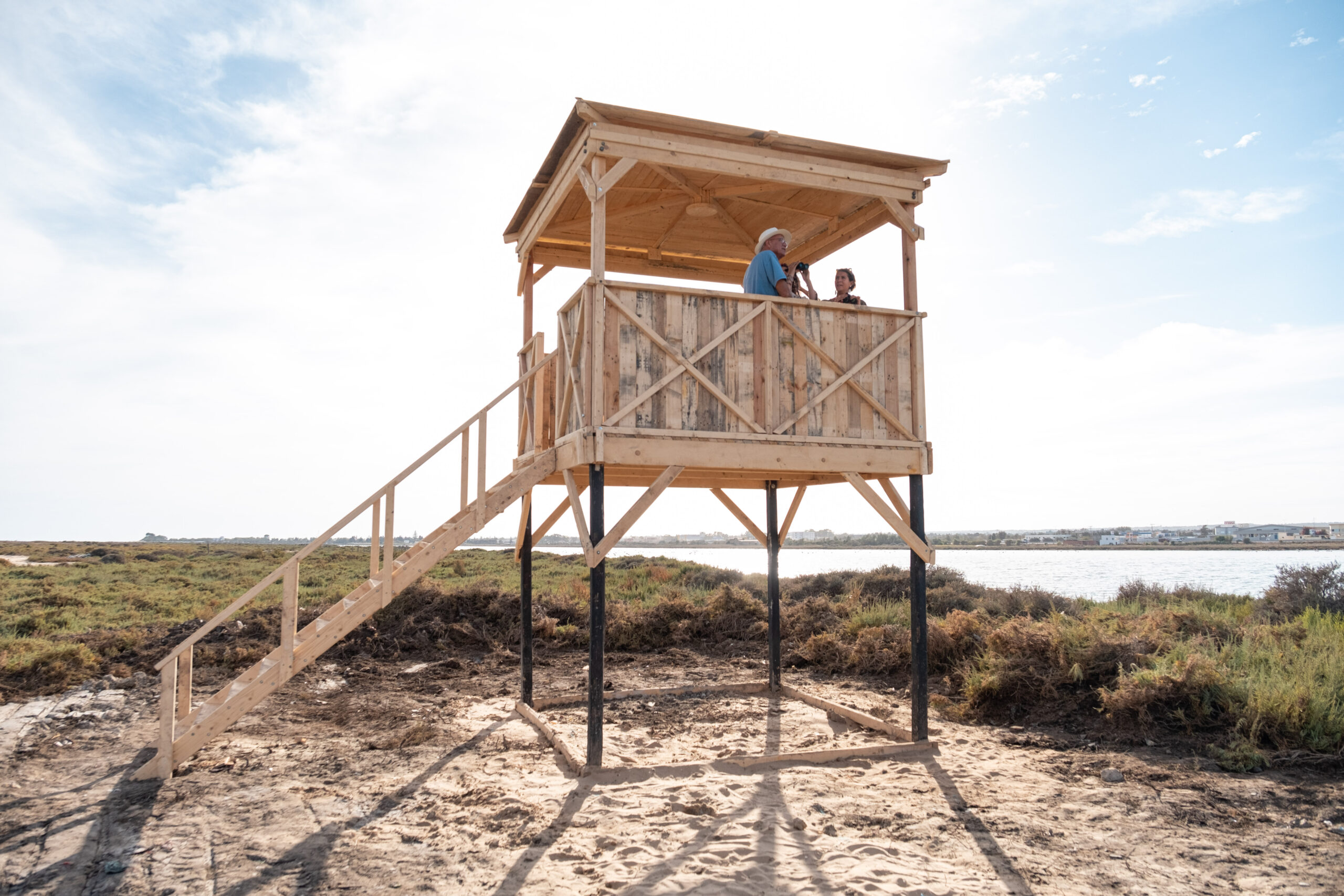
This project is implemented as part of the third phase of the Small-Scale Initiatives Program for North African CSOs (PPI OSCAN), coordinated by the IUCN Mediterranean Cooperation Center, and funded by the French Global Environment Facility (FFEM), the MAVA Foundation, and the Sigrid Rausing Trust. The funded projects aim to conserve species and ecosystems with remarkable biodiversity and to highlight the benefits of conservation and sustainable livelihoods. To learn more about the PPI OSCAN 3 projects: Projects – MUBADARAT).
